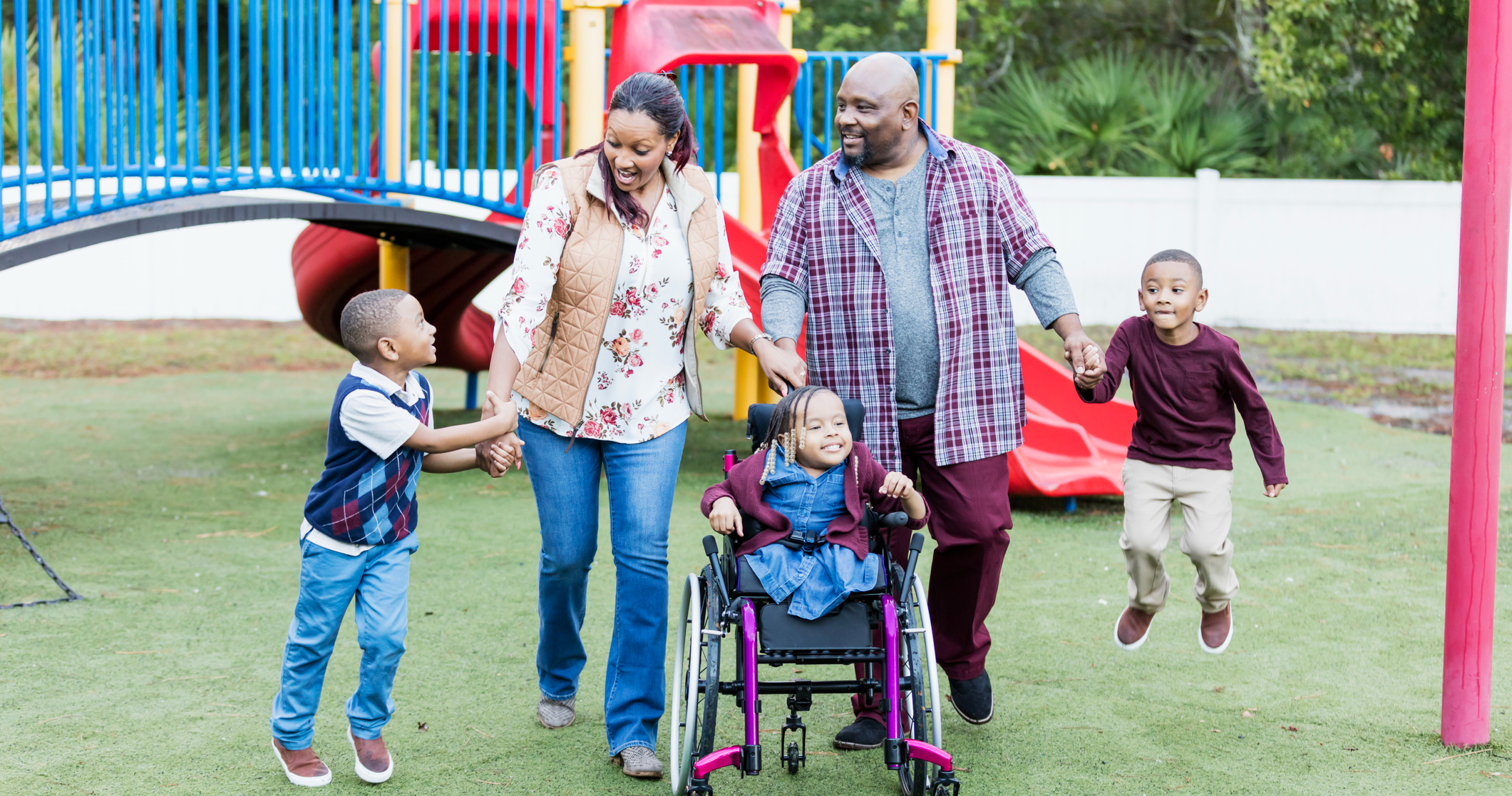Tuesday, April 30, 2024

Although children and families lie at the nucleus of a well-functioning system, the priorities and leadership of families of CMC have not consistently been central to driving system-based improvement initiatives. The Collaborative Improvement and Innovation Network to Advance Care for Children with Medical Complexity (CMC CoIIN) partnered with families of children with medical complexity (CMC) to design and meaningfully improve systems of care for CMC and their families. In a paper in Pediatrics, the CoIIN team shares how including families in developing quality improvement measures allowed the network to measure what truly matters to families of CMC, and how this partnership has the potential to improve systems of care and lead to better outcomes for CMC.
A Measurement Work Group formed in the first months of the project to identify and define a shared set of quantitative quality improvement measures around the CMC CoIIN’s goals and objectives to improve care and support for CMC and their families, including quality of life, well-being, and flourishing; unmet health needs; and support systems such as medical home, patient and family engagement, and shared plans of care. The Measurement Workgroup first conducted a literature review to identify existing validated measures specifically relevant to CMC which could comprise a family experience survey.
Through this process, the key challenge that family leaders in the Measurement Workgroup identified related to measuring child quality of life and family well-being. Existing measures tended to focus mainly on physical functioning, health care utilization, and the associated care burdens for families. Family leaders emphasized that these measures are deficit-based and, furthermore, do not recognize that CMC can and do live meaningful lives regardless of functional disabilities.
To better capture the lived experiences of families, the CMC CoIIN Measurement Workgroup adapted its approach to drive meaningful improvements, by adding qualitative family focus groups to capture a more holistic and nuanced view of child quality of life and family well-being, and co-developing new child quality of life measures. Qualitative findings from focus groups subsequently highlighted a high level of unmet need not being captured by the quantitative unmet health care needs measure, prompting a key redesign and pilot test of those items in the family experience survey.
The CMC CoIIN found that when families were full participants and leaders in designing a quality improvement measurement strategy, the team developed a measurement approach with a more meaningful, complex view of what health and wellbeing looks like to CMC and their families. Codesigning measurement strategies alongside family leaders, the CMC CoIIN was able to focus more broadly on health, wellness, and the social determinants of health, rather than a more deficit view of care for CMC that zeroes in on just one aspect of a person’s wellbeing.
“We believe the CMC CoIIN demonstrates the pressing need for funders to support more opportunities to develop family-driven measures that can drive systems improvement, including validating and assessing their reliability,” the authors note.
The CMC CoIIN recommends that future CMC initiatives adopt this family-partnered approach to measurement from the start. In doing so, these initiatives are more likely to lead to improved health and wellness for CMC.